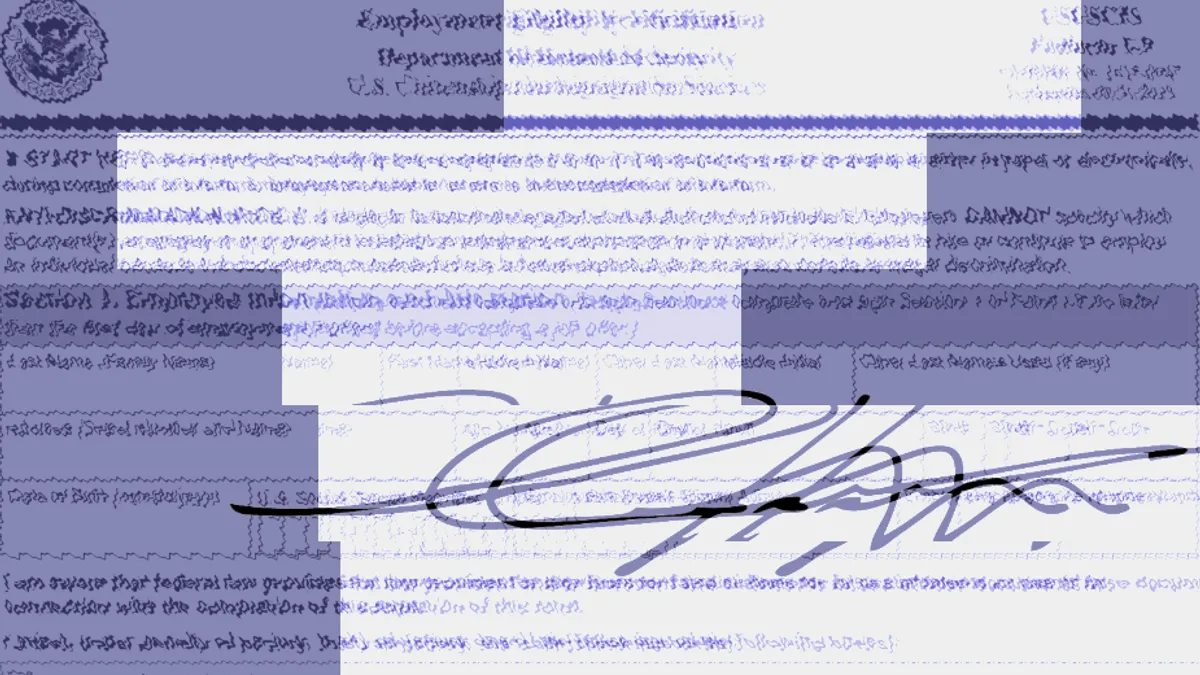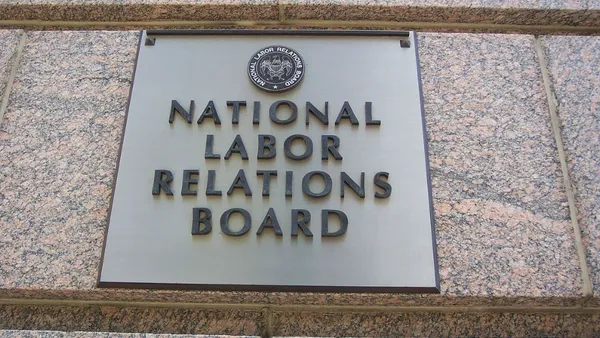Dive Brief:
- A Philadelphia home health care agency has paid more than $2.1 million to resolve allegations that it failed to provide overtime pay to 456 workers over two years, according to a March 4 announcement from the U.S. Department of Labor.
- Good Family Support Services, Inc. paid family care workers on an hourly basis but paid straight-time for overtime hours, the agency claimed. The employer also allegedly violated the Fair Labor Standards Act’s recordkeeping requirements by failing to record hourly rates.
- "This case demonstrates our commitment to protecting and respecting vulnerable workers, in home health care and all low-wage industries," Wage and Hour Division Principal Deputy Administrator Jessica Looman said. "The U.S. Department of Labor is committed to protecting all workers’ wages and to ensuring a level-playing field for all employers."
Dive Insight:
The FLSA requires that employers pay workers overtime at a rate of no less than time-and-a-half for all hours beyond 40 worked in a workweek, unless an exemption applies.
To determine whether workers are exempt from the FLSA’s overtime pay requirements, employers must apply salary and duties tests. The salary test requires that most workers be paid more than $684 a week to qualify for an exemption from overtime pay. Once the salary threshold is met, the employee's job duties must be examined.
For example, an exemption for executive employees requires that a worker's primary duty be management of the enterprise in which the employee is employed or the management of a department or subdivision. In addition, the worker must manage two or more employees and have the authority to hire or fire others.
Similarly, the administration exemption requires that an employee office or non-manual work that relates directly to the business operations of the employer or the employer's customers. The employee’s primary duty must be exercising discretion and judgment over significant matters.
The determination of whether an exemption from overtime pay is applicable is not up to the employer, and employees can not waive that right, according to DOL.













